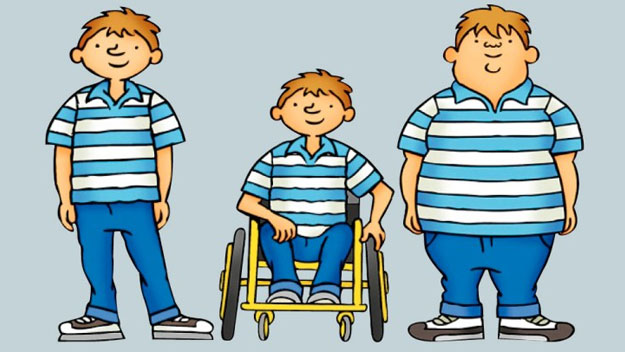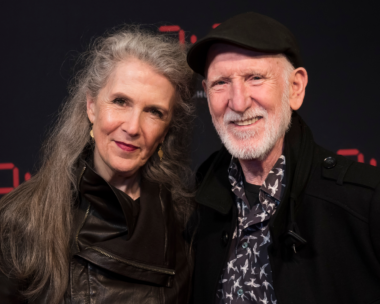They can’t read or write but four-year-old kids have already learnt to hate fat people.
A Leeds University study found that children are overtly prejudiced against overweight people by the time they start kindergarten.
Researchers showed 126 boys and girls aged four to six three versions of a specially-created story book.
The story was exactly the same, but the depiction of the main character Alfie differed. In the first version, Alfie was overweight, in the second he was average weight and in the third he was in a wheelchair.
Study author Professor Andrew Hill then asked the kids whether they would be friends with “Alfie” and found that the overwhelming majority would not befriend the overweight character, but had no qualms about becoming mates with the average weight one.
The wheelchair Alfie was slightly less popular than the average Alfie, but still much more popular than the fat one.
The kids also deemed the fat Alfie less likely to win a race, do well at school, be happy with his looks and get invited to parties.
Another version of the experiment with the female character “Alfina” produced the same results.
“This research confirms young children’s awareness of the huge societal interest in body size,” Professor Hill told the European Congress on Obesity in Liverpool.
“It shows that by school entry age, UK children have taken on board the negativity associated with fatness and report its penalties in terms of appearance, school activities and socially.
“This negativity was shared by another visibly different characterisation, a child in a wheelchair, but to a far smaller extent. Children rejected the fat character regardless of whether the character was male or female.
“Children’s own gender made no difference to their choices. But there was some evidence that older children expressed more negative views.”
Professor Hill thinks young children pick up their prejudice against overweight people from their parents and TV.
“I think we have an underlying social commentary about weight and morals and that the morality of people is based on their shape,” he said.
“I think that is very powerful and kids are sensitive to it.”




